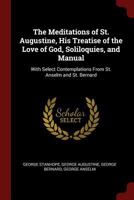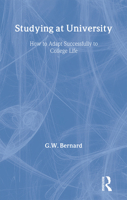Religion and the Scientific Future
Select Format
Select Condition 
Book Overview
Customer Reviews
Rated 5 starsA Book for all fans of the Sopranos
The Gospel According to Tony Soprano is a guide for thoughtful reflection of this TV mafia drama. I enjoyed each chapter and am buying a copy for all the friends that watch the show with me each sunday. You will laugh, think, and even consider these characters in light of their moral dillemas and spiritual condition. Enjoy!
0Report
Rated 4 starsConsidering "The Sopranos" as contemporary morality plays
I remember the original book in this particular sub-genre of American literature, "The Gospel According to Peanuts." Since Robert L. Short published that little volume in 1965 we have seen many similar efforts using such hot popular culture properties as "The Simpsons" and "Harry Potter." Of course, if you start from the premise that any and all narratives either conform to or violate scripture by definition. The corollary...
0Report
Rated 5 starsA Must Read
Seay does an amazing job finding beauty and truth in the midst of filth and lies. The book looks deep into the show and sees things many could not. Very insightful. An enjoyable and inspiring spiritual guide to a show that i can't get enough of. Thank you, Chris.
0Report
Rated 5 starsA Book that Finds Beauty in Darkness
Chris Seay is one of the most dynamic writers and thinkers in the world of post-modern Christianity, and his work in incorporating the spiritual lessons to be found in secular culture into his teaching has broken important new ground. With The Gospel According to Tony Soprano, his first book, Seay takes a hard look at a show full of violence, lust, rage, jealousy, and greed (and love, faith, loyalty, and sacrifice) to point...
0Report
Rated 4 starsThe Sopranos' Meaning of Life
Those who are truly addicted to the "The Sopranos" know that it is so much more than a well done gangster show. As the author points out, the show strikes a deep chord in its viewers. This book is one of the first of what I suspect will be a number of serious analyses of this pop culture marvel. The author, Chris Seay, examines the show through the prism of Biblical history, spirituality, philosophy and the dark underside...
0Report

































